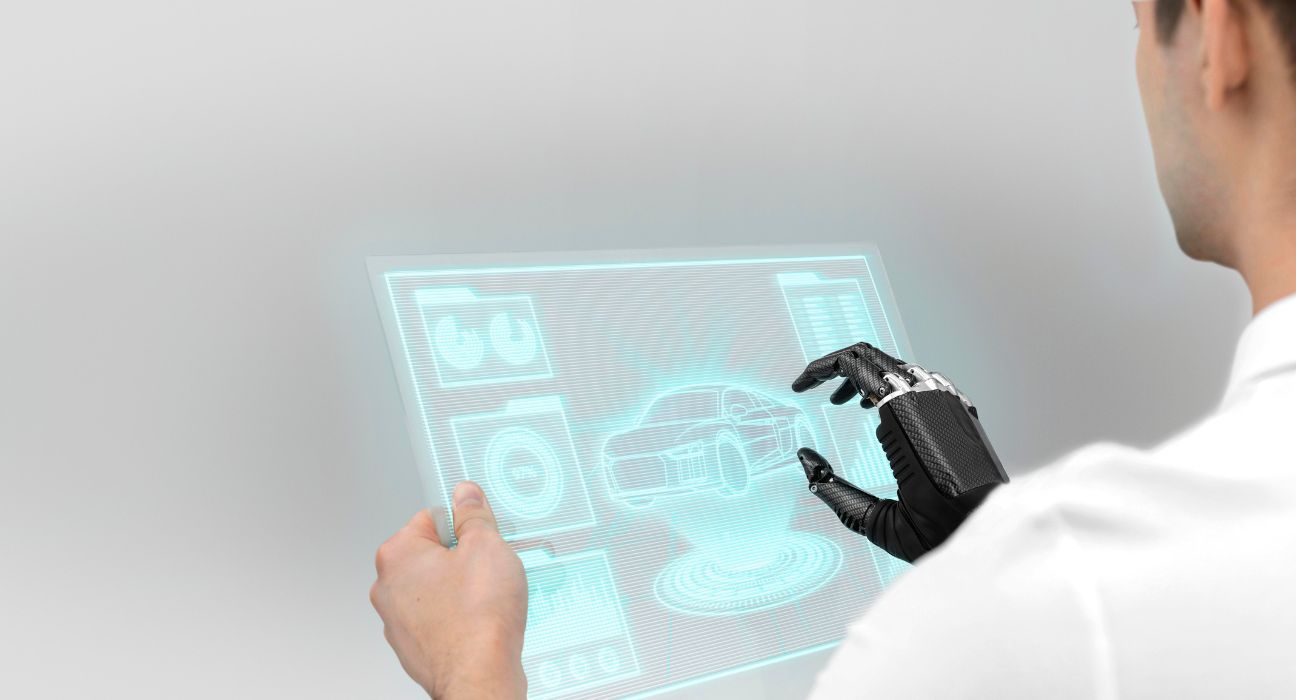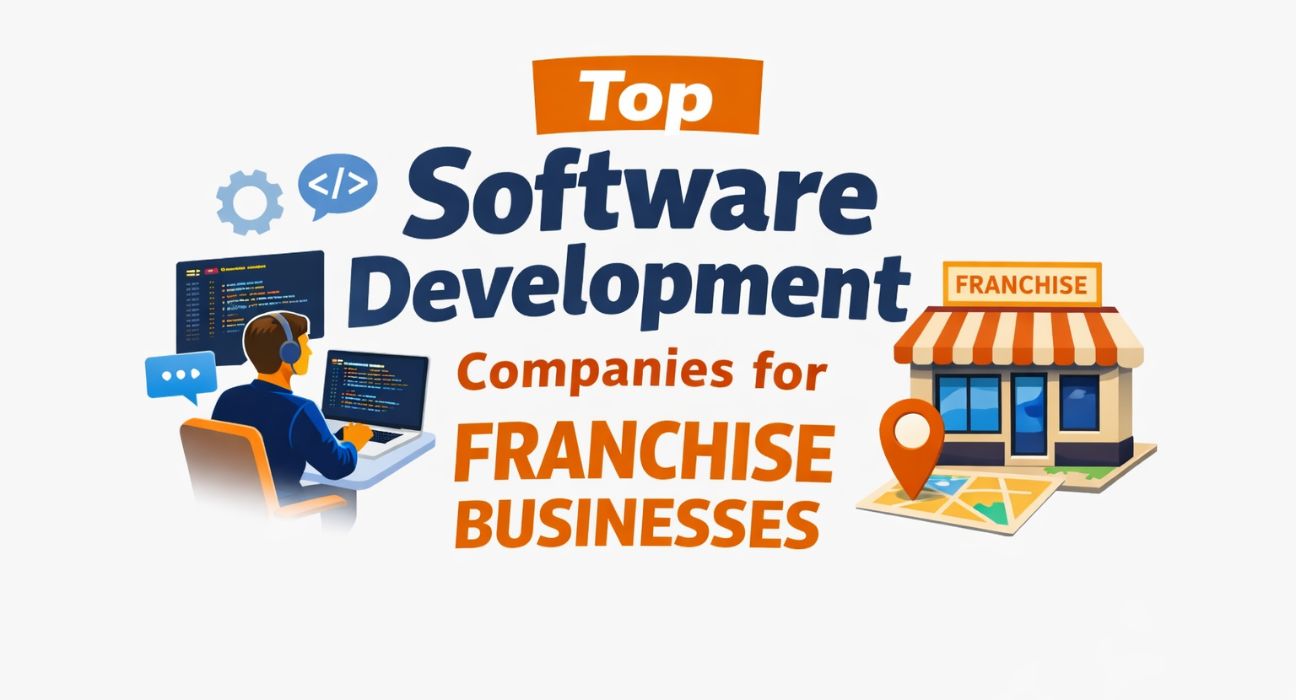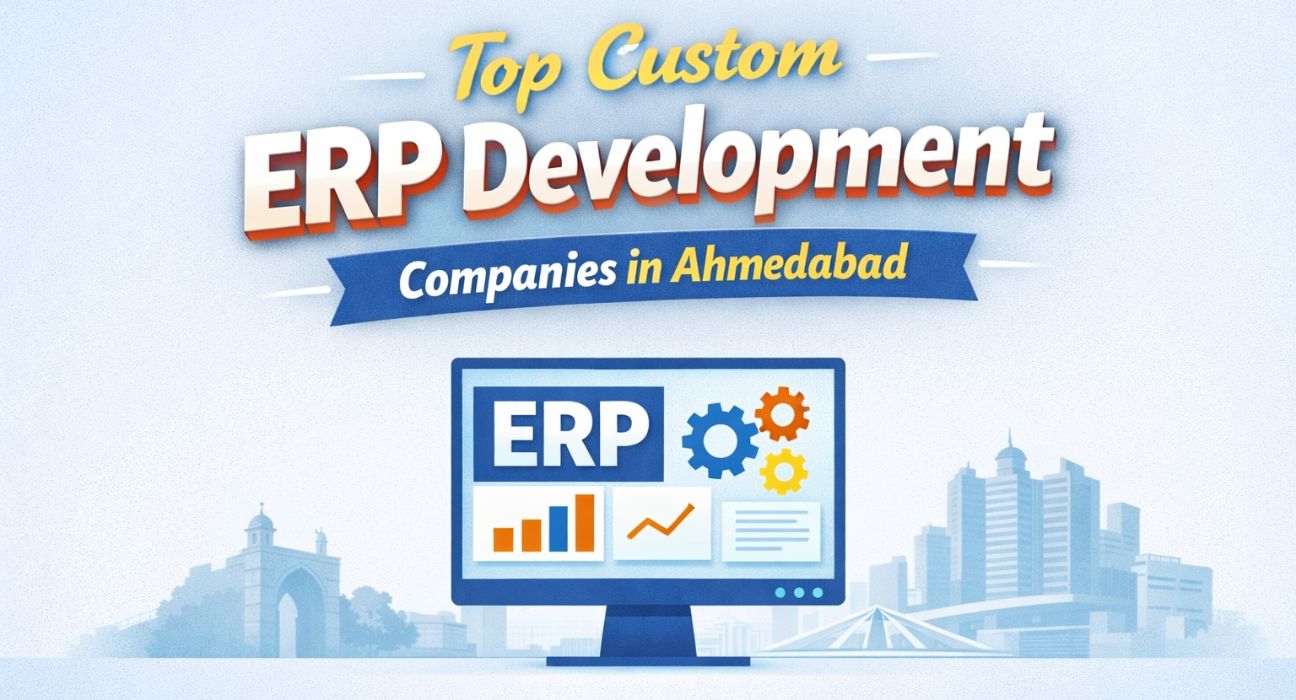AI in Automotive Industry: Benefits, Use Cases & What's Next

- Deval Patel

- Nov 12, 2025
The AI revolution has gone unnoticed as it has ceased to be a futuristic idea and has become a driver of innovation in industries. In finance, retail, healthcare, and other fields, AI is transforming organizational operations, value creation, and competition. This technological change has had the greatest impact on the automotive industry, which has emerged as one of the largest beneficiaries. The automobiles are not machines anymore; they are becoming intelligent, interconnected, and even able to make independent decisions.
AI is being applied more than ever in the automotive industry. Growing safety expectations, the transition to electric mobility, the growing customer demands, and the worldwide trend toward efficient and sustainable operations are all driving AI investment faster. The makers, vendors, and mobility platforms have come to consider AI to be a necessity.
This paper addresses the way AI is changing the automotive ecosystem. You are going to know the main advantages, high-impact applications, considerations to be made, and the opportunities of the future that will lead to the next generation of mobility. The guide provides a practical and concise overview of where the industry is and where it is going, for businesses, innovators, and automotive professionals looking for Automotive Software Development Services that integrate AI efficiently.
Overview of AI in Automotive
Artificial Intelligence in the automotive context is the application of algorithms, data models, and intelligent systems that will allow vehicles and manufacturing operations to reach autonomous or semi-autonomous decisions. With AI, cars can perceive what is going on around them, anticipate, and react to customer demands.
This shift has a handful of technologies. Machine learning assists systems to learn from massive data to enhance performance over time. Computer vision enables the vehicles to view and interpret the environment, like road signs, pedestrians, and road markings. Voice-based interactions are made possible through natural language processing. Predictive analytics transforms data into data that enhances safety, maintenance, and operations.
AI is now a key component of new car technology. Since the creation of self-driving vehicles, from enhancing fuel efficiency, factory automation, hyper-personalized in-car experiences, and almost every other advanced car feature in the world, AI has affected almost everything. Without it, the industry is unable to attain its future generation of safety, mobility, and sustainability.
The main AI Advantages in the Automotive industry
AI opens the door to various benefits for both automotive manufacturers, fleet owners, and consumers.
Enhanced Safety
The most obvious and immediate advantage is safety. With AI, there are enhanced driver assist systems that aid in avoiding accidents by surveying the blind spots, detecting collisions, and automatically braking. Vision systems based on AI analyze the traffic, recognize hazardous situations, and assist in lane keeping. Predictive maintenance also increases safety by detecting possible component failures before they lead to breakdown or to parasites.
Improved Efficiency
Artificial intelligence is dominating the modernization of the automotive industry. Robotics and machine learning make production lines more efficient, minimize errors, and guarantee uniform quality. The optimized parts inventory, real-time demand forecasting, and less downtime result in a smoother running of the supply chains. Artificial intelligence is also used in enhancing quality control since computer vision identifies defects that the human eye may not identify.
Better Customer Experience
The current consumer needs to be able to be convenient, personalized, and smartly digitally interactive, which AI provides. Smart infotainment systems get to know what the drivers like.
Voice assistants enable more natural and hands-free driving. Predictive services assist drivers in planning their maintenance, finding parking, or the most efficient routes to go through traffic. AI goes further to customize the cabin environment by changing the temperature, lights, and audio, depending on human activity.
Cost Savings
AI assists manufacturers and fleet operators in saving a considerable amount of money. Predictive analytics reduces the recall rate as it identifies the issues during production. Roadside routing enhances efficiency in fuel use. Automated production saves on workforce and expenses. In the long term, the use of AI to enhance profitability enhances performance and reliability.
Significant AI Applications in the Auto Industry
The automotive value chain is being transformed by AI in an effective way. The following are the most significant ones.
Autonomous Vehicles
The most ambitious example of an AI application is self-driving cars. AVs are based on numerous layers of AI-perception systems such as cameras, LiDAR, radars, and sensors. These systems scan the conditions of the roads, identify obstacles, and make split-second decisions in driving.
The possibilities of autonomy are between driver-assistance and complete autonomy driving. AI controls navigation, braking, acceleration, and risk assessment. Although it is still in its adoption phase, the advancements made are truly impressive, and the future of safer and more efficient means of transportation is in sight.
Predictive Maintenance
Conventional maintenance is based on a predetermined schedule, and this can result in unnecessary maintenance or unplanned failures. The solution to this is provided by AI that processes sensor-collected data and identifies problems before they become failures. Algorithms measure engine operation, battery status, brake tires, and fluid levels. This saves time and avoids significant repairs, and extends the life of the vehicle. This is particularly helpful to fleet operators who enjoy fewer operational hitches and costs of repair.
Smart Manufacturing
Carmakers are transforming into a smart grid that unites people and machines. Robots using AI are used to carry out assembly, welding, and painting activities, which are carefully done. In computer vision systems, every part is checked in real time, and the quality is maintained. The AI models monitor the health of machines to avoid failures in the production lines. This makes working environments safer, production runs quicker, and the products become more consistent.
Linked Cars and Telematics
CVs exchange information with cloud computing on a continuous basis. This information is used to provide real-time routing, weather services, and driver behavior analysis by AI. Vehicle-to-everything communication enhances the traffic movement and decreases the congestion as cars can communicate with other cars, road infrastructure, and even pedestrians.
Operating within Fleet management systems, AI ensures optimization of logistics, performance tracking of the drivers, fuel consumption, and wastage. This will provide efficient and reliable transportation operations.
Customer Experience and Personalization
AI is transforming the interaction between customers with their cars. The car digital assistants react to voice recognition, control entertainment, provide route guidance, and also facilitate hands-free communication. Infotainment systems are customized with regard to music, climate, and seat settings. Other sophisticated systems even have the ability to read into the emotions of the driver and give warnings in the case of tiredness and stress.
Driving in this personalized environment is safer, more intuitive, and enjoyable.
Issues and Concerns
AI is a very potent source of benefits, but the implementation of AI has its challenges that the industry should tread carefully.
Autonomous driving is still subject to safety and reliability concerns. The AI systems are expected to work perfectly in varied settings and in situations that are unpredictable in the behavior of people.
Another significant issue is data privacy because connected cars exchange sensitive data. The manufacturers are expected to protect this information through the use of robust cybersecurity measures.
Older systems tend to complicate AI adoption. Most of the factories are still operating on older systems that are incapable of supporting real-time analytics or sophisticated automation. These systems take some time and money to upgrade.
The cost of AI implementation is high. Manufacturers will have to invest in hardware, software, data pipelines, and talent. The long-term returns are obvious, and the initial investment is high.
The Future of AI in Automotive
The automotive industry will keep undergoing AI changes as new technologies and models of mobility will emerge.
One of the significant trends is AI-optimized EVs. AI will control the work of the battery, the flow of energy, and the efficiency of charging as the number of electric vehicles increases. Smart cities are emerging, and AI will assist cars to interact with traffic lights, parking machines, and the city transportation networks.
The concept of mobility-as-a-service should grow. Transportation will be more accessible and cheaper because shared mobility platforms will rely on AI in routing, scheduling, and pricing.
Sustainability goals will also be supported by AI. Greener cities are enhanced by optimized fuel consumption, low emissions, and traffic flow. The makers of the cars will embrace AI to come up with leaner, safer, and more energy-conservative cars.
AI-based automotive technologies are projected to grow considerably in the industry, creating the possibility of intelligent mobility becoming the new norm and not a feature in the future.
Conclusion
The automotive industry is being transformed in such a strong way by AI. It has made it safer, more efficient in production, better customer experiences, and smarter and more sustainable mobility solutions. AI is becoming the future of all segments, whether it is autonomous vehicles or individualized in-car systems.
It is significant for any person in the automotive or mobility field to remain updated on AI trends. The opportunities will be further expanded as the technology matures. Ouranos Technologies believes that you will want to go on the path of automotive AI with insights, consulting, or digital transformation support, and move with confidence.

Latest Articles
Browse All Articles
- Custom Software
- Feb 16, 2026
Top Software Development Companies for Franchise Businesses (2026)
Looking for the best software development companies for franchises in 2026? Explore our ranked list of top-tier developers building the future of franchise tech.

- Custom Software
- Feb 15, 2026
Top Custom ERP development Companies in Ahmedabad
Explore the top custom ERP development companies in Ahmedabad, offering tailored ERP solutions to streamline business processes, and boost efficiency.



